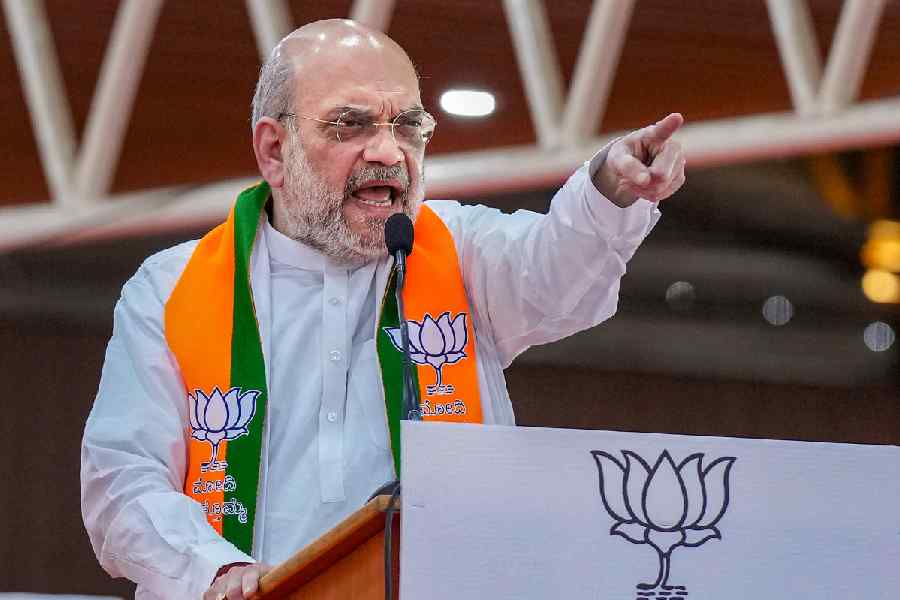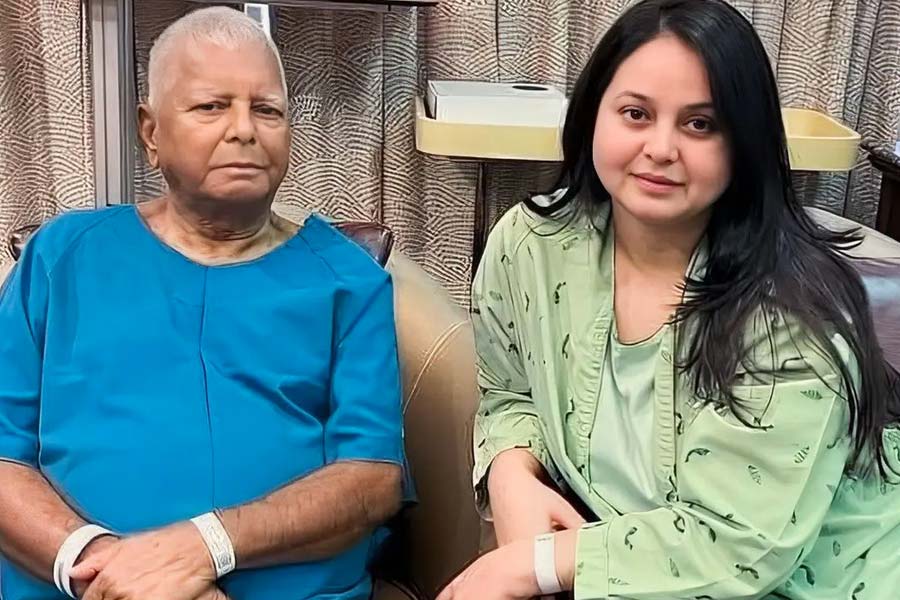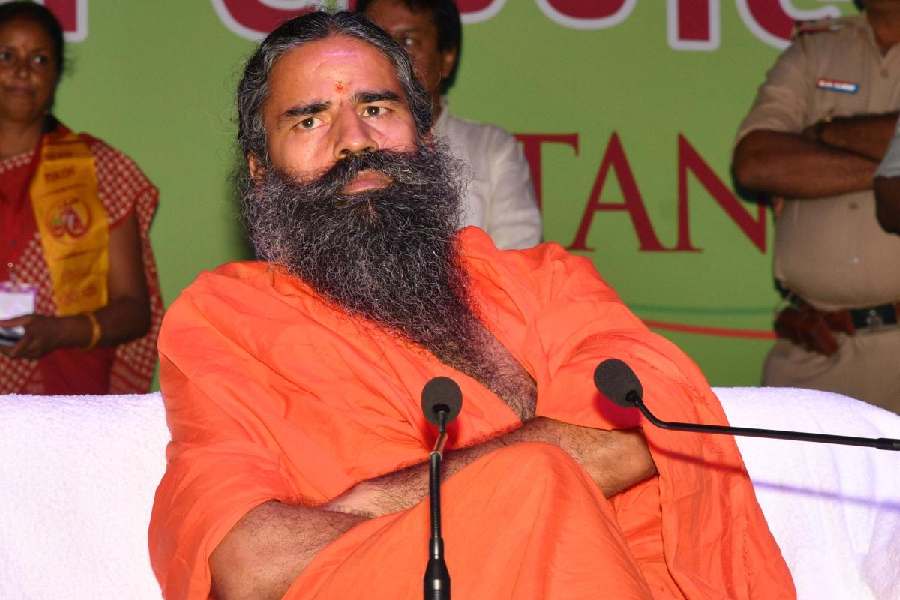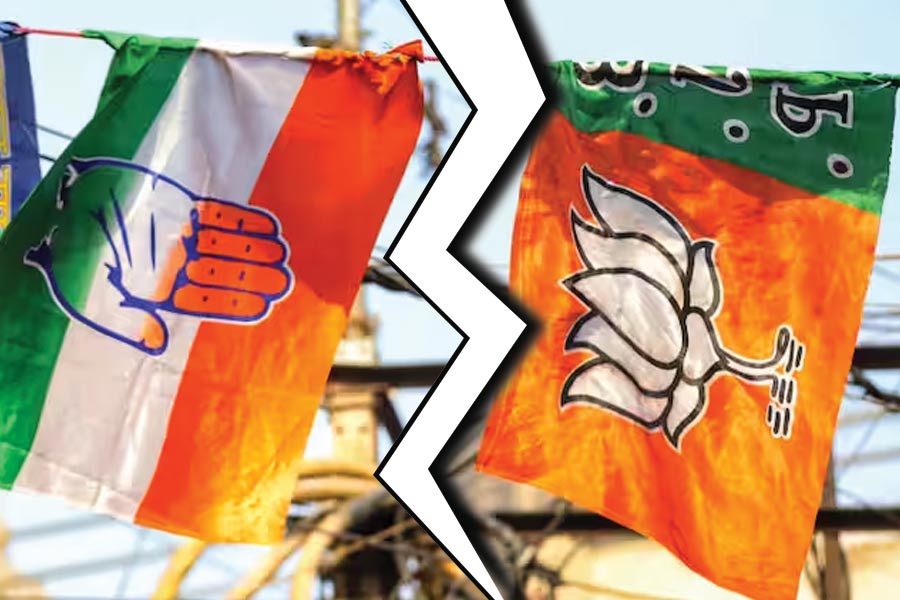Blisters that could make India choke on its coffee
Mumbai, March 13: The blistered foot rattled India's financial capital so badly that it had to sit up and engage with those it had been taking for granted for so long.
The BJP-led government in Maharashtra has 'accepted' the demands of farmers hours after 35,000 of them, many barefoot, marched on Mumbai, braving the blazing sun for nearly a week and walking 180km. The farmers then decided to end their agitation.
The key demands of the Left-backed farmers include unconditional coverage of a loan waiver scheme and the transfer of forestland to those who have been tilling it for decades.
The farmers also want the price of produce to be fixed at one-and-a-half times the cost of production, in line with the recommendations of a panel. They have sought compensation for cotton crop hit by hailstorm and a pest.
Maharashtra revenue minister Chandrakant Patil said 'almost all the demands' had been accepted.
There was no clarity on the purported changes to the loan waiver scheme. Since the Assembly is in session, the government cannot officially make key announcements outside the House.
On land rights, the government appears to have bought time. 'We have agreed to set up a committee to allot agricultural land to tribals provided they submit proof of pre-2005 land cultivation,' chief minister Devendra Fadnavis said. 'Within six months, all disputes related to forestland will be settled.'
Pouring water to soothe her aching feet, Murabhai Bhavar, a 74-year-old farmer, said: 'For three generations, my family has cultivated crops on a two-acre plot but we don't own it. The land we till should be registered in our name.'
Revenue minister Patil addressed the farmers camping at Azad Maidan in south Mumbai in the presence of CPM general secretary Sitaram Yechury. The 'Long March' of the farmers, which started in Nashik six days ago, was organised by the CPM-affiliated All India Kisan Sabha.
Whether the promises translate into action, the farmers' march has come at a crucial time in national politics.
The Opposition has been complaining that rural India is in distress because of the Narendra Modi government's policies. That thousands could march to the financial capital and unnerve the power centres is telling, especially coming so soon after the so-called rural-friendly Union budget and a year before the general election.
The state government's acceptance of the demands invites the question whether it has thought the consequences through, although few political parties will dare raise such unpalatable issues before an election year.
The loan waiver scheme in Maharashtra, introduced last year under pressure from allies, was a knee-jerk reaction to a somewhat similar project announced by the BJP government in Uttar Pradesh to fulfil an election promise.
For the Left, the river of red surging down avenues that symbolise capitalism in India was a straw to clutch at after the poll debacle in Tripura.
Yechury was jubilant. The CPM general secretary described the farmers as the 'new soldiers of India' who can 'uproot governments' if they ignore their demands.
As the farmers prepared to return home - the state government has promised a special train - Yechury and others were perhaps reminded that even in the age of social media, nothing can replace hard toil in the political field.
Additional reporting by PTI and Reuters
The first protest this year was held in March when around 35,000 farmers marched to Mumbai, many of them barefoot. The key demands of the Left-backed farmers were unconditional coverage of a loan waiver scheme and the transfer of forestland to those who have been tilling it for decades.
On September 5, farmers and agriculture workers swamped Parliament Street in New Delhi, demanding remunerative prices for their produce, a loan waiver and a monthly minimum wage.
The Congress, Delhi chief minister Arvind Kejriwal and Samajwadi Party chief Akhilesh Yadav have sounded their support to the October 2 march, organised by the Bharatiya Kisan Union.
Unlike the march in Mumbai, when the farmers dispersed after government assurances, the kisan union did not take a step back after the government said a committee of chief ministers would look into the demands made by the farmers.
Read our coverage of the March rally and the Opinion of Prabhat Patnaik on the second protest in September.










